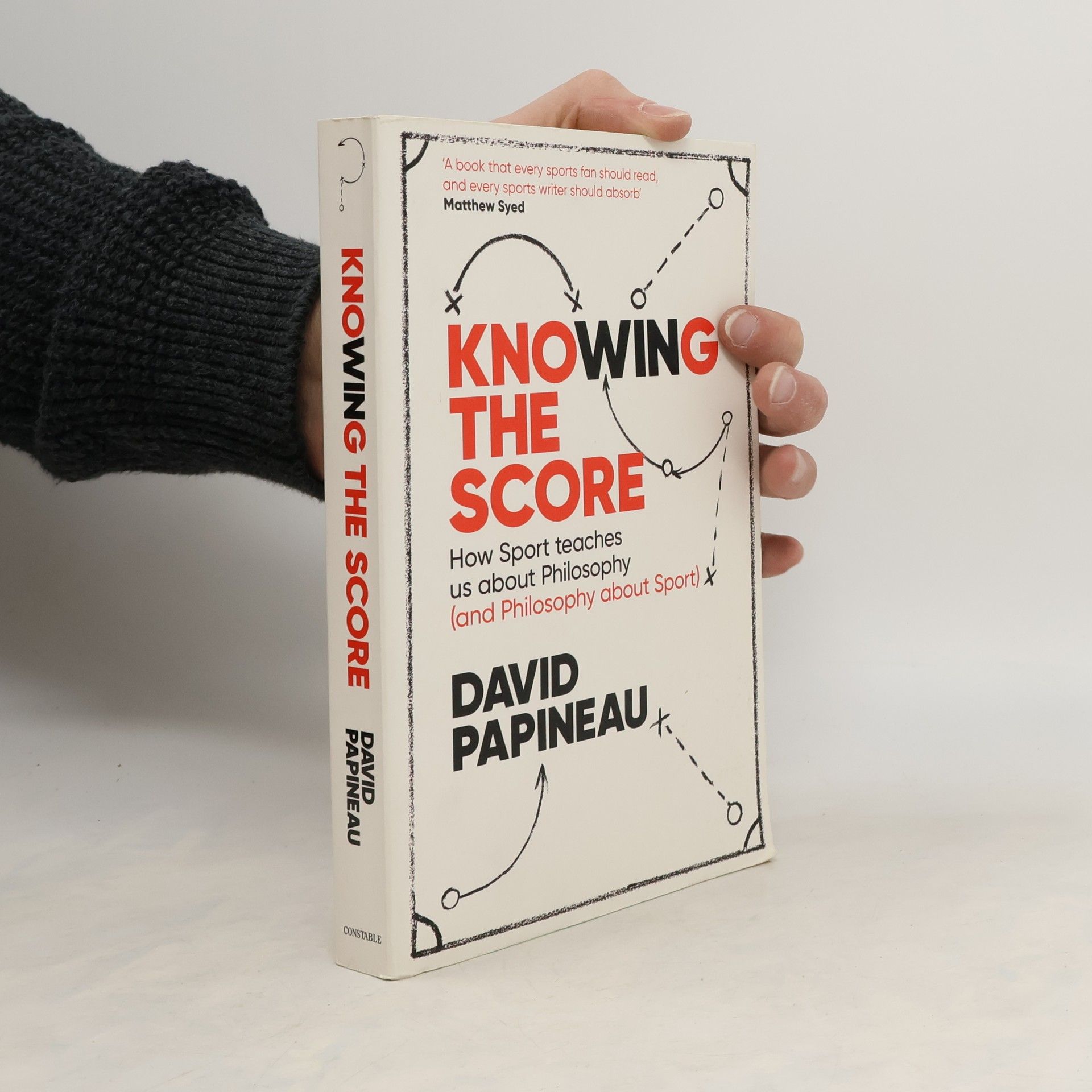How philosophy can illuminate sport and what sport can tell us about philosophy...
David Papineau Book order (chronological)
David Papineau is a British philosopher whose work delves into metaphysics, epistemology, and the philosophies of science, mind, and mathematics. Adopting a naturalist and realist stance, he explores the nature of consciousness and knowledge. He is a pioneer of the teleosemantic theory of mental representation, explaining the meaning of our beliefs through their biological purpose. His approach to philosophical problems often draws analogies from sports, making complex ideas accessible to a general audience.





Philosophical Devices
- 160 pages
- 6 hours of reading
Philosophical Devices introduces the technical ideas that are taken for granted in contemporary philosophical writing. It offers simple explanations and covers a wealth of material that is normally available only to specialists. This original, distinctive book will appeal to anyone who is curious about the technical infrastructure of philosophy.
Introducing Consciousness
- 176 pages
- 7 hours of reading
A guide to the state of consciousness studies. It presents the history of the philosophical relation between mind and matter, and covers the scientific attempts to explain consciousness in terms of neural mechanisms, cerebral computation and quantum mechanics. It also introduces readers to zombies, ghosts in machines and Schrodinger's cat.
Was bedeutet es zu existieren? Was ist Wahrheit? Sind wir in unseren Entscheidungen frei? Warum sollen wir 'gut' sein? Kann man das Klonen von Menschen rechtfertigen? Das sind nur einige der Fragen, auf die die Philosophie versucht Antworten zu finden – Antworten letztendlich auf die Frage, was es bedeutet Mensch zu sein. Die Autoren gehen diesen Fragen nach und zeigen eindrücklich, dass Philosophie nicht trocken, lebensfern oder gar einschüchternd sein muss. Die originelle Darstellung beleuchtet die großen philosophischen Themen ('Welt', 'Geist und Körper', 'Wissen', 'Glauben', 'Ethik und Ästhetik' und 'Gesellschaft') mit Hilfe von Hintergrundwissen in Infokästen und stimmigen Illustrationen, die Sachverhalte verdeutlichen oder auch zum Weiterdenken animieren. In jedem Themenbereich werden dabei stets die Bezüge zu aktuellen Problemen und Diskussionen hergestellt. So ist ein anregendes Buch entstanden, das den Leser mitnimmt, auf eine Reise quer durch die westliche Philosophie und gleichzeitig Blickwinkel eröffnet, auf die Dinge, die im Leben wirklich zählen. Zum Herausgeber David Papineau ist Professor für Philosophie am King’s College der Universität London.
Inleidend thematisch overzicht van de geschiedenis van de westerse filosofie.